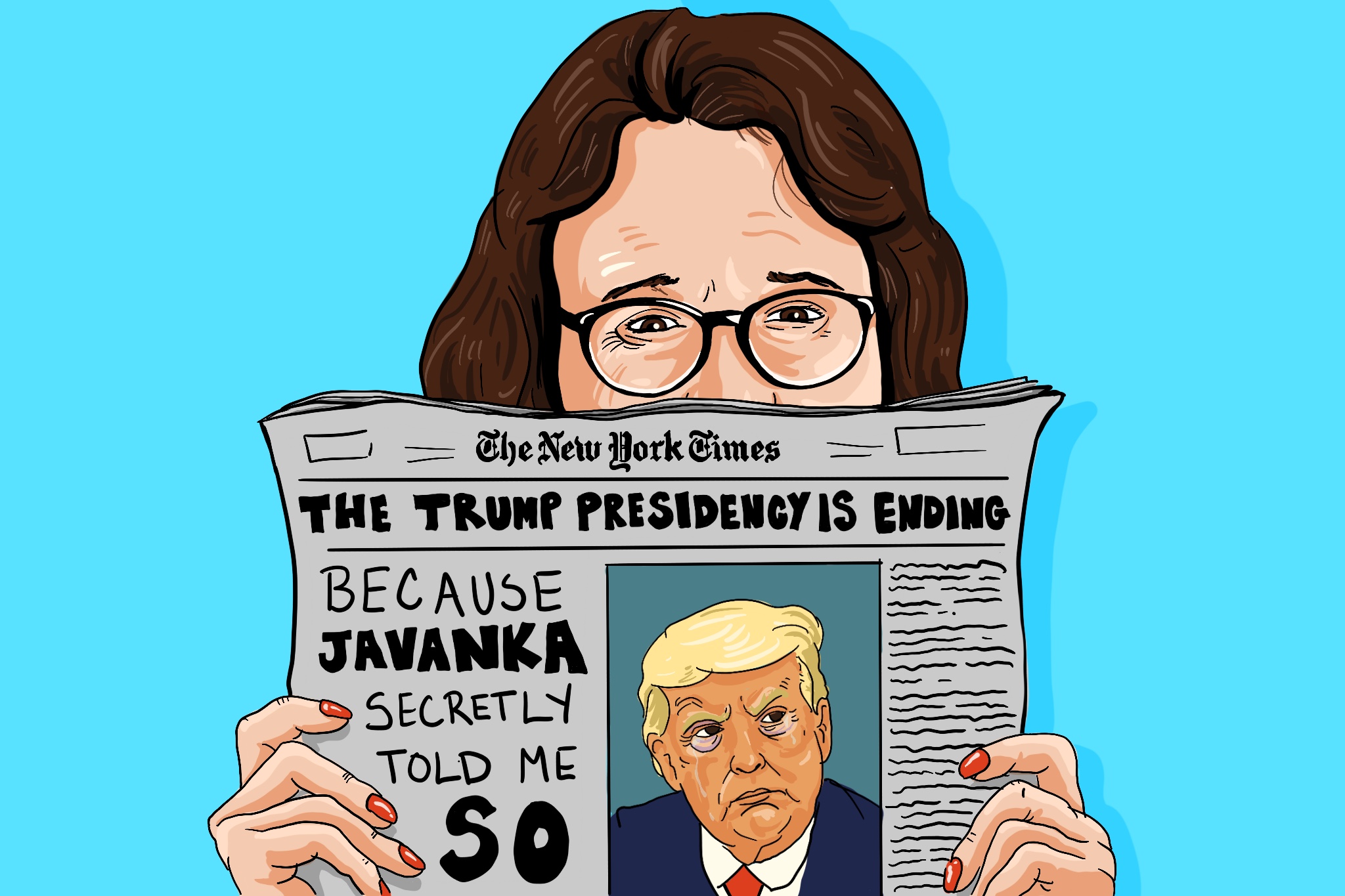The Canadian Journalism Federation is taking fake news very seriously. I've worked with media literacy for years, and this is - to date - the most expansively public approach that I've seen, in advance of the Federal Election.

 www.thestar.com
www.thestar.com
If you are engaged online, you have likely been subjected to something that was not true, and yet there isn't much pursuit in trying to determine factual accuracy of the articles and information. And most of us - probably every single one of us here - have fallen for it.
I don't think that their approach is going to be enough. I think the most effective utility it will have is bringing awareness. But fuller approaches to media literacy are going to be necessary to combat the deluge of increasingly deceptive media. These are hard skills that can be learned, but with the advent of new 'deep fake' technology, media literacy is going to have adapt, too.
I would like to see greater emphasis on media literacy in the US. Because even though this statement is for the Canadian audience, it definitely - maybe even more so - applies to the US where news is more infotainment and sensationalized than it is up here:
Another source includes one approach - the SPOT approach: https://www.manitoulin.ca/news-media-canada-launches-new-tool-to-help-people-spot-fake-news/
It's obviously not enough, but a decent start.

Journalism group launches anti-fake news campaign ahead of Canadian election
Recent polling suggests nearly all Canadians have come across misinformation online, yet only 40 per cent feel they know how to differentiate between fake news and the real thing.
If you are engaged online, you have likely been subjected to something that was not true, and yet there isn't much pursuit in trying to determine factual accuracy of the articles and information. And most of us - probably every single one of us here - have fallen for it.
Recent polling by Ipsos, Earnscliffe Strategy Group and MIT researchers suggests nearly all Canadians have come across misinformation online, yet only 40 per cent feel they know how to differentiate between fake news and the real thing.
The polls also found 90 per cent of Canadians admitted to falling for fake news in the past, and only a third of them regularly check to see if the stories they’re consuming are legitimate.
I don't think that their approach is going to be enough. I think the most effective utility it will have is bringing awareness. But fuller approaches to media literacy are going to be necessary to combat the deluge of increasingly deceptive media. These are hard skills that can be learned, but with the advent of new 'deep fake' technology, media literacy is going to have adapt, too.
I would like to see greater emphasis on media literacy in the US. Because even though this statement is for the Canadian audience, it definitely - maybe even more so - applies to the US where news is more infotainment and sensationalized than it is up here:
“To be an engaged citizen, you have to have access to quality journalism… you have to understand what is quality journalism and what is not,” said Richard Gingras, vice-president of Google News.
Another source includes one approach - the SPOT approach: https://www.manitoulin.ca/news-media-canada-launches-new-tool-to-help-people-spot-fake-news/
SPOT is an acronym that acts as a simple way to remember the four principles of identifying misinformation. It works like this:
S: Is this a credible source? Check the source of the article—and be skeptical.
P: Is the perspective biased? Think critically and look for varying viewpoints on an issue.
O: Are other sources reporting the same story? Be your own fact-checker and verify the validity of the story.
T: Is the story timely? Check the date the story was published—sometimes, stories use old information to take advantage of a timely occurrence.
It's obviously not enough, but a decent start.



